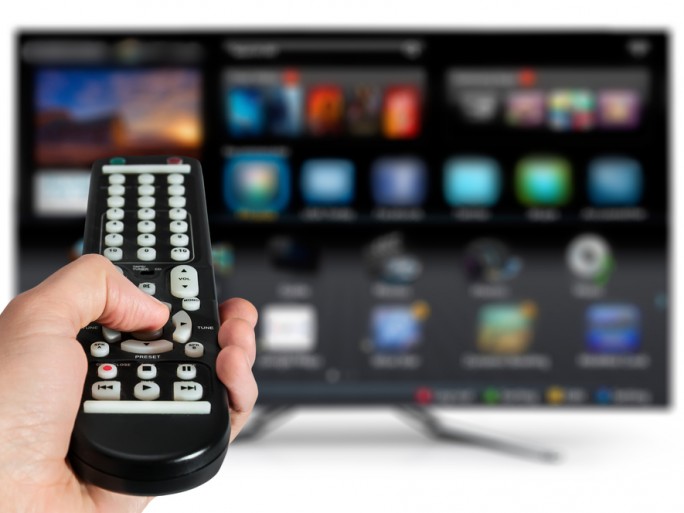The UK communications regulator Ofcom has revealed that the United Kingdom has become a nation of streamers.
But the good news for established media firms is that traditional broadcast TV still leads the way on UK content.
The Ofcom research of our viewing habits found that now half of homes in the UK now take Netflix, Amazon, Now TV or Disney Life, as streaming increased from 11.2m (39 percent) in 2018 to 13.3m (47 percent) in 2019.
![]()
Streaming growth
But if you want original and British content, traditional broadcast TV remains the best bet.
The Ofcom figures did however shows that while traditional TV viewing continued to decline in 2018, the UK’s public service broadcasters – BBC, ITV, Channel 4, Channel 5 and S4C – showed more than 100 times more original, homegrown shows than the overseas streaming platforms.
Traditional channels still form 69 percent of TV time (or 3 hours 12 minutes, on average, per day), this fell by nine minutes in 2017, and by 11 minutes last year.
Viewers now watch 50 minutes less traditional TV each day than in 2010.
Perhaps unsurprisingly, the shift is most pronounced among younger people (16-24s), whose viewing of traditional TV has halved in that time.
And Ofcom’s figures show that the young now spend hour on YouTube each day.
Average daily viewing to streaming services rose by seven minutes last year, to 26 minutes; while viewing to YouTube rose by six minutes, to 34 minutes. For the first time, young people now spend more than an hour on YouTube every day (64 minutes, up from 59 minutes).
Ofcom also said that two in five UK adults (2019 42 percent, 2018 37 percent) now consider online video services to be their main way of watching TV and film.
Broadcast TV challenge
And such is the attraction to online viewing, a similar proportion of people who use subscription streaming services (2019 38 percent, 2018 35 percent) could envisage not watching traditional broadcast television at all in five years’ time.
“The way we watch TV is changing faster than ever before,” said Yih-Choung Teh, strategy and research group director at Ofcom. “In the space of seven years, streaming services have grown from nothing to reach nearly half of British homes.”
“But traditional broadcasters still have a vital role to play, producing the kind of brilliant UK programmes that overseas tech giants struggle to match,” said Teh. “We want to sustain that content for future generations, so we’re leading a nationwide debate on the future of public service broadcasting.”
Last August the scale of Brits tech addiction was revealed when Ofcom found that half of those surveyed said life would be “boring” without the internet, and smartphone owners check their devices every 12 minutes.
What do you know about fibre broadband? Take our quiz!





